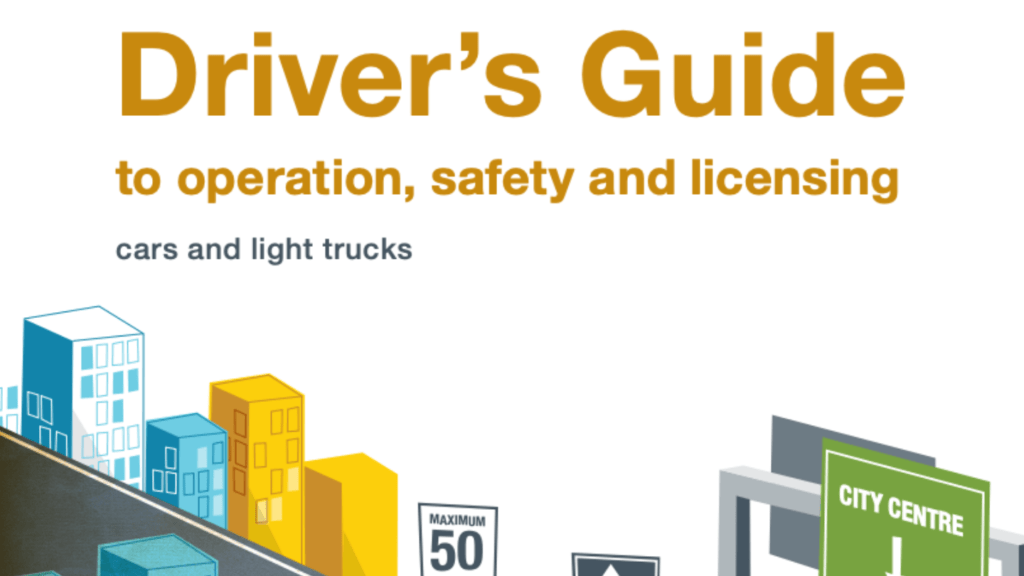Nova Scotia Motorcycle Class 6 Driving Test
Part 4
Nova Scotia Commercial Class 6 Driving Test is a crucial step for individuals who want to obtain a Class A commercial driver’s license (CDL) in the province of Nova Scotia, Canada. A Class 6 CDL allows you to operate various types of commercial vehicles, including tractor-trailers, semi-trucks, and other large vehicles. Passing this test requires a good understanding of safe driving practices, regulations, and specific skills related to commercial driving.
Driver's Handbook
Preparing for the Nova Scotia Motorcycle driving handbook test is the first step to securing your commercial driver’s license. This comprehensive handbook serves as your essential guide to the rules of the road, safe driving practices, and commercial vehicle operation. To ace the test, start by thoroughly studying the handbook, which covers everything from road signs to vehicle inspections. It’s crucial to understand the intricacies of Motorcycle driving, including cargo transportation, hours of service regulations, and safety protocols.

Watch our Videos
Nova Scotia Class 6 Driving Knowledge Test videos are your key to conquering the written exam. With engaging visuals, expert explanations, and practice opportunities, these videos will help you prepare efficiently and with confidence. So, don’t stress about your upcoming test—watch our video guide and cruise smoothly towards success.
